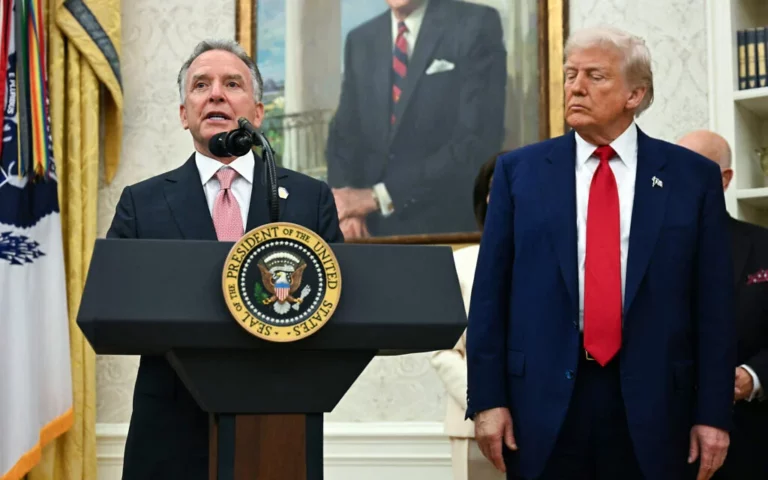 Lawyers, advocacy groups and former colleagues get their say on President Donald Trump’s Supreme Court nominee after Judge Neil Gorsuch emerged unscathed from two days of tough questioning at his confirmation hearing.
Lawyers, advocacy groups and former colleagues get their say on President Donald Trump’s Supreme Court nominee after Judge Neil Gorsuch emerged unscathed from two days of tough questioning at his confirmation hearing.
Assured of support from majority Republicans, Gorsuch received glowing GOP reviews but complaints from frustrated Democrats that he concealed his views from the American public. Gorsuch, a federal appeals court judge in Denver, refused repeated attempts to get him to talk about key legal and political issues of the day. But he did tell Sen. Dianne Feinstein, who worried that Gorsuch would vote to restrict abortion, that “no one is looking to return us to horse and buggy days.”
On Thursday, the panel will hear from the American Bar Association, which has already given him a unanimous “well qualified” rating, along with former colleagues and judges supporting him and advocacy groups like the Human Rights Campaign that have opposed him.
After the hearing, the Judiciary panel is expected to vote in the next two weeks to recommend Gorsuch favorably to the full Senate. Though Gorsuch is expected to eventually be confirmed, the process on the Senate floor is less assured.
Some Democrats have already said they want to try and block the nomination. That means Senate Majority Leader Mitch McConnell, R-Ky., will have to round up 60 votes to proceed to a confirmation vote, including eight Democrats.
It’s unclear if he will have those votes. Democrats Jeff Merkley of Oregon, Kirsten Gillibrand of New York, Sherrod Brown of Ohio, Tammy Baldwin of Wisconsin, Elizabeth Warren of Massachusetts and Ed Markey of Massachusetts have declared their opposition.
Most Democrats have said they will decide when the hearings are over. Sen. Bob Casey, a Democrat up for re-election in Pennsylvania next year, said he will announce his decision Thursday morning.
No Democrat has yet pledged to support the judge, but Sen. Joe Manchin of West Virginia said Wednesday he is open to voting for him. McConnell could also change Senate rules to confirm Gorsuch with a simple majority in the 100-member body, and appears prepared to take that step if necessary.
Gorsuch didn’t give those looking for more information much to go on. Every time Democrats tried to draw him out on a range of serious issues, including abortion and gay rights, Gorsuch answered in the same way: “I have declined to offer any promises, hints or previews of how I’d resolve any case.”
Illinois Sen. Dick Durbin, a member of the Judiciary panel, said during a hearing break that Gorsuch may have convinced “some, but not many” of his fellow Democrats to vote for him.
Feinstein, the committee’s senior Democrat, summed up her colleagues’ frustration. “What worries me is you have been very much able to avoid any specificity like no one I have ever seen before,” Feinstein told Gorsuch. “And maybe that’s a virtue, I don’t know. But for us on this side, knowing where you stand on major questions of the day is really important to a vote ‘aye,’ and so that’s why we pressed and pressed.”
Republicans, on the other hand, couldn’t get enough of the Colorado native. Sen. Orrin Hatch said he hadn’t seen a better nominee in 40 years in the Senate.
The Supreme Court itself threw one surprise Gorsuch’s way when it ruled unanimously Wednesday in a case involving learning-disabled students, overturning a standard for special education that Gorsuch had endorsed in an earlier case on the same topic.
The decision prompted sharp questioning from committee Democrats.
“Why in your early decision did you want to lower the bar so low?” Durbin asked.
Gorsuch said he was bound by an even earlier decision on the 10th U.S. Circuit Court of Appeals and said that any implication that he was against autistic children was “heartbreaking.”
“I was wrong senator, I was wrong because I was bound by circuit-court precedent,” Gorsuch said. “And I’m sorry.”
(AP)










